Denial of Justice
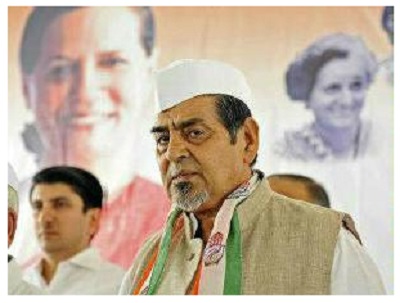
Case against Jagdish Tytler: Delhi Court tells CBI to finish “probe” in two months
The drama of Indian judicial system continues in November 1984 Sikh genocide related cases, and a local court in Delhi has reportedly "pulled up" the CBI for not taking proper steps to finish probe in a case against Indian politician and Congress party leader Jagdish Tytler in a 1984 Sikh massacre related case.

Sikh Genocide 1984: SIT likely to reopen 186 cases in different states, Media Reports
Special Investigation Team (SIT) formed by the Home Ministry of India has reportedly decided to reopen 186 cases related to November 1984 genocidal violance against the Sikhs.

Sikh Genocide 1984: Amnesty, Civil Society’s recommendations to Ministry of Home Affairs India
Ensure that the Special Investigation Team formed by the government make the status of their investigation public, and that they file charges against suspected perpetrators wherever sufficient evidence is found.

32 Years on, Sikh Genocide 1984 victims in Gurgaon await justice
As per media reports the victims of the 1984 Sikh genocidal massacre in Gurgaon have blamed the BJP-led Haryana government for failing to give them justice.
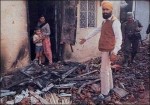
Sikh Genocide 1984: SIT to re-open 72 closed cases
The Special Investigation Team (SIT) set up to probe into November 1984 massacre of Sikhs in Delhi, has reportedly decided to reopen and reinvestigate around 75 closed cases related to the 1984 Sikh carnage in Delhi.

442 convicted by Delhi court for 1984 Sikh massacres: minister tells Rajya Sabha
A Minister for State for Home Haribhai Parathibhai Chaudhary yesterday (Dec. 23) told the upper house of Indian parliament that 442 people have been convicted so far by various courts of Delhi in connection with the violence against the Sikhs in 1984 in Delhi.
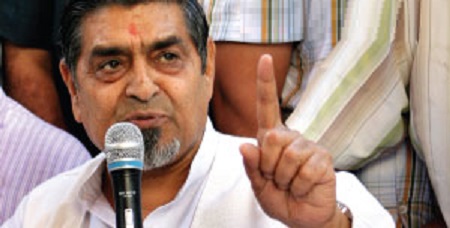
CBI want victim’s family to present fresh evidence against Jagdish Tytler before re-examination of case
A year after it gave a clean chit to Congress leader Jagdish Tytler in a November 1984 Sikh genocide related case, the Central Bureau of Investigation (CBI) told a Delhi court that it was ready to re-examine the case against Jagdish Tytler if the victim’s family member furnishes fresh evidence in the case.

CBI terms Sikh genocide accused Jagdish Tytler as ‘innocent person’
Indian state's premier investigation agency, the Central Bureau of Investigation (CBI) told a Delhi court on Sept. 11 that Congress leader Jagdish Tytler was not involved in the 1984 Sikh genocide and the probe agency cannot implicate him on the basis of "assumptions and presumptions".
![November 1984 pogrom of Sikhs [File Photo]](https://sikhsiyasat.net/wp-content/uploads/November-1984-pogrom-of-Sikhs-File-Photo.jpg)
Questions raised about persistent denial of justice to victims of Sikh genocide 1984
In two separate statements senior lawyer and Aam Aadmi Party leader H. S. Phoolka and Delhi Sikh Gurdwara Management Committee (DSGMC) raised question on failure of the Indian state to punish the culprits of November 1984 Sikh genocide.

Three thousand murders and no justice. Is this not betrayal? Sanjay Suri
Sanjay Suri, a journalist, has recently written his memories about the November 1984 killings of innocent Sikhs in Delhi after the assassination of the then Indian PM Indira Gandhi. An English vernacular, Indian Express, has published excerpts of Interview with Sanjay Suri.
![November 1984 pogrom of Sikhs [File Photo]](https://sikhsiyasat.net/wp-content/uploads/November-1984-pogrom-of-Sikhs-File-Photo.jpg)
Sikh Genocide 1984: Court tells CBI to verify death of accused, Hearing deferred till July 17
A Delhi court on Monday directed CBI to verify the fact about the death of one of the accused who, along with Congress leader Sajjan Kumar, was facing trial in a November 1984 Sikh genocide related case.
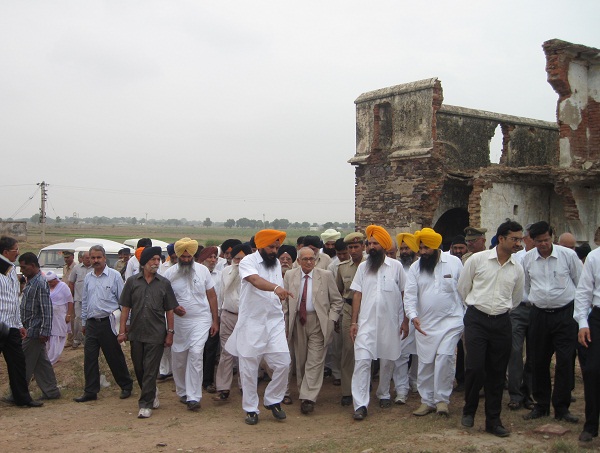
“Probe” into Hondh Chillar Massacre stopped after expiry of the Garg Commission’s term
Hisar, Haryana: The investigations into Hondh Chillar genocidal massacre of the Sikhs in November 1984 were reportedly stopped as the term of the Garg Commission constituted after 27 years of the massacre has expired. The extended term of Garg commission reportedly expired on 30 September, 2014; as a result the probe that was being conducted in a Hisar court was stopped with immediate effect.

Rare footage and survivor Interviews recorded just few days after November 1984 Sikh Genocide
Thirty years have passed since the pogroms of Sikhs in India. During the first week of November 1984, police, politicians, and government leaders organized and implemented pogroms against Sikhs throughout the country.
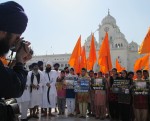
Commemorating 30th year of Sikh Genocidr: ‘Rights and Justice March’ to knock the doors of the United Nations
Amritsar, Punjab: Commemorating the 30th year of the Delhi massacre, leaders and activists of various Sikh bodies led by Dal Khalsa, Damdami Taksal and SAD (Panch Pardani) today undertook a long march under the banner of ‘Rights and Justice March’ to knock the doors of the United Nations to petition against Indian state for utterly failing to deliver justice to aggrieved community and victims of Nov 1984 massacre.
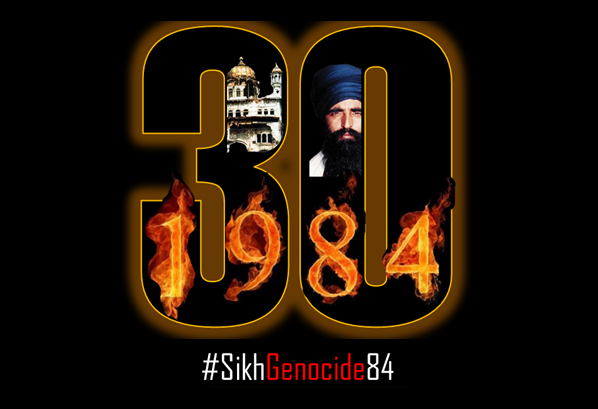
Sikhs in Srinagar protest against against denial of justice in India on 30th anniversary of Sikh Genocide
Srinagar: In occupied Kashmir, the members of Sikh community demanding action against perpetrators of the 1984 Sikh Massacres in India held a protest demonstration.

US based group criticizes India for continued denial of justice to victims 1984 Sikh genocide
New York/ New Delhi: US based human rights and advocacy group Sikhs for Justice (SFJ) has criticized Indian government’s decision to give Rs 5 lakh each to the next of kin of the Sikh genocide 1984 victims, saying compensation cannot be a substitute to the prosecution of the perpetrators.

India: No Justice for 1984 Anti-Sikh Bloodshed: Human Rights Watch
New York: Successive Indian governments’ failure to prosecute those most responsible for killings and other abuses during the 1984 anti-Sikh violence highlights India’s weak efforts to combat communal violence. The new Indian government should seek police reforms and to enact a law against communal violence that would hold public officials accountable for complicity and dereliction of duty.

SIT for Sikh massacre 1984: A move welcomed by various sections – But past experiences don’t hold out much hope
New Delhi, India (February 03, 2014): Delhi Chief minister Arvind Kejriwal's order for formation of a special investigation team (SIT) to investigate cases related to November 1984 massacre of Sikhs has been welcomed by the victims, besides some diaspora Sikh bodies.
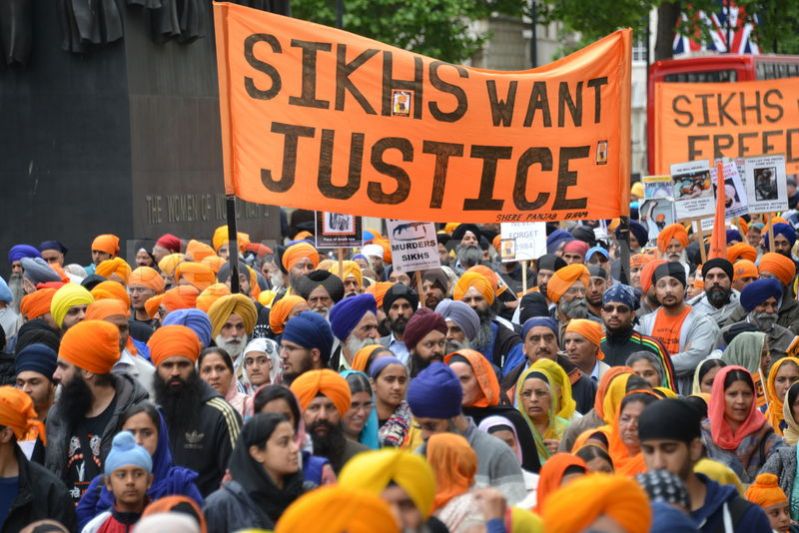
Those guilty of mass killings are seldom brought to justice in India, notes The Tribune Editorial
Unfortunately, those guilty of mass killings are seldom brought to justice in India. We have a sorry history of not punishing people who kill during riots or other public disturbances. Be it Delhi in 1984, Gujarat in 2002 or Muzaffarnagar in 2013, it is the same story.
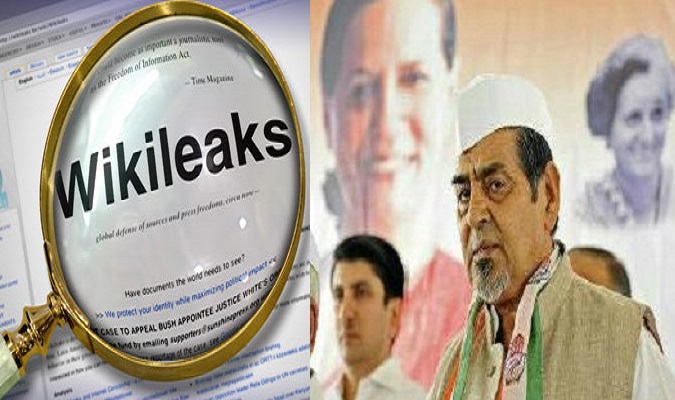
Wikileaks Expose: Congress Party leaders competed to shed more Sikh blood in November 1984
New Delhi, India (November 03, 2013): Sikh Siyasat News has accessed a US Diplomatic cable published by Public Library of US Diplomacy (PLUS D), commonly known as Wikileaks. This cable contains a number of political highlights from Embassy New Delhi for Decemebr 17-21, 2007, including information and comment about the court order reopening November 1984 case against Jagdish Tytler.
« Previous Page — Next Page »








